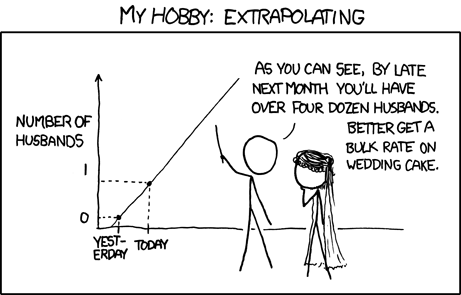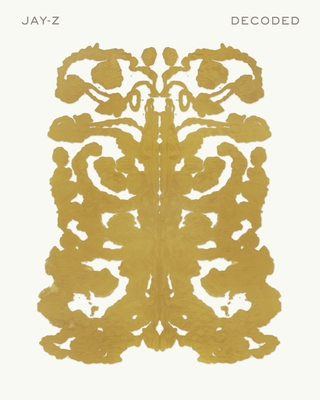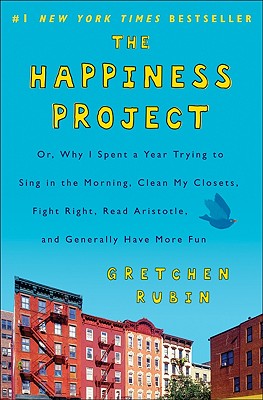
Happy Halloween weekend, all!! Big plans? Anyone going to the Rally to Restore Sanity?
Four Favorite Things In My Bedroom:
Four Things on My Desk:
Four Things I’ve Always Wanted to Do (But Haven’t Yet):
Four Things I Enjoy Very Much At The Moment:
Four Songs I Can’t Get Out Of My Head:
Four Things You Don’t Know About Me:
Four Bloggers I’m Tagging:
“A well-composed book is a magic carpet on which we are wafted to a world that we cannot enter in any other way." -Caroline Gordon


 [Book on, page marked, light off]
[Book on, page marked, light off] Did you all hear about Jay-Z's upcoming memoir? As a bookish-type working in the ad industry, the Big Creative campaign behind the book has hit all my radars and appeared on at least 50% of the blogs I currently follow. It seems that Droga5, an independent ad agency out of New York, has devised a clever, interactive campaign for fans, involving large reproductions of the book's pages appearing in various locales discussed throughout the book. The enlarged places will loom on standard advertising mediums - like billboards, bus stops, and building sides - as well as less conventional spots, like the bottom of a hotel pool or the felt of pool tables in a local pool hall.
Did you all hear about Jay-Z's upcoming memoir? As a bookish-type working in the ad industry, the Big Creative campaign behind the book has hit all my radars and appeared on at least 50% of the blogs I currently follow. It seems that Droga5, an independent ad agency out of New York, has devised a clever, interactive campaign for fans, involving large reproductions of the book's pages appearing in various locales discussed throughout the book. The enlarged places will loom on standard advertising mediums - like billboards, bus stops, and building sides - as well as less conventional spots, like the bottom of a hotel pool or the felt of pool tables in a local pool hall. It is hard for me to review this book without a bias, because I'm fairly certain that Gretchen Rubin is actually me, living a different life. So much of what she writes about herself hit so close to home over my reading of this book that I'm actually a bit creeped out about it.
It is hard for me to review this book without a bias, because I'm fairly certain that Gretchen Rubin is actually me, living a different life. So much of what she writes about herself hit so close to home over my reading of this book that I'm actually a bit creeped out about it."My project wasn't like [Thoreau's or Elizabeth Gilbert's]. I was an unadventurous soul, and I didn't want to undertake that kind of extraordinary change... I didn't want to reject m life. I wanted to change my life without changing my life, by finding more happiness in my own kitchen. I knew I wouldn't discover happiness in a faraway place or in unusual circumstances; it was right here, right now."
 has the perfect app for you - Local Books. The app has been out for some time, but for some reason just hit my radar (And I've downloaded pretty much every other free book-related app for my iPod. Even some not-so-free ones).
has the perfect app for you - Local Books. The app has been out for some time, but for some reason just hit my radar (And I've downloaded pretty much every other free book-related app for my iPod. Even some not-so-free ones)."If we read without inclination, half the mind is employed in fixing the attention; so there is but one half to be employed on what we read." -Samuel Johnson
"My best friend is someone who will give me a book I have not read." - Abraham LincolnBuy it on a tote bag at Barnes and Noble. Don't worry - I have one, gifted by the best cousin/librarian-in-training ever.
